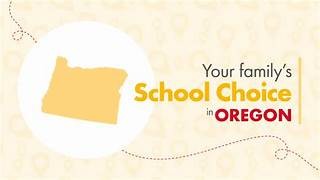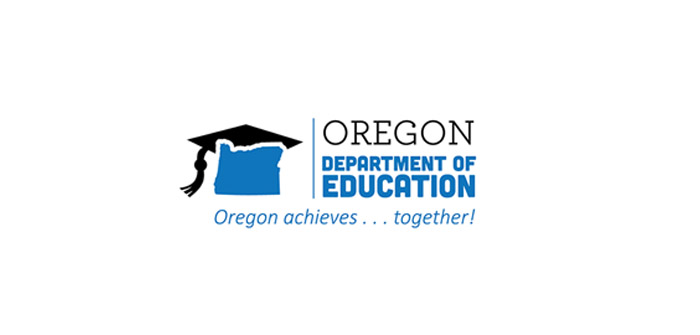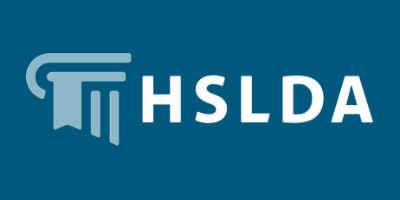Oregon Homeschool Information
—Homeschool In Oregon—
Homeschooling in Oregon




Find Out What the State Says About Home Education

Oregon Homeschool Review

🏆 6. Participation in Public School Activities
-
Interscholastic Activities: Homeschooled students may join public school sports/clubs under OSAA if they:
-
Test annually, and
-
Score at least the 23rd percentile, or
-
Provide an approved portfolio/work sample
-
-
Academic Classes: Districts may allow participation, but they are not required to honor homeschool coursework for credit
📌 Bottom Line
Oregon offers one of the most flexible homeschooling environments in the U.S., with minimal state oversight, no required curriculum, record-keeping, or daily hour mandates. The only structured requirements are written notification, periodic testing, and academic eligibility criteria for extracurricular activities. For students with disabilities, tailored assessment options (PDP/IEP) provide alternatives to standardized tests.
If a family enrolls in a private accredited online school (also known as an umbrella or correspondence school) rather than homeschooling independently, Oregon law treats them differently. Here’s what changes:
📘 1. Not Classified as a “Homeschool”
-
Oregon law distinguishes between being educated in the home by a parent (homeschooling) versus being enrolled in a private school (§ 339.030, ORS 339.035)
-
As a result, families in accredited online programs are considered private school students, not homeschoolers.
🔎 Bottom Line
Choosing an accredited online private school in Oregon shifts your child from the “homeschool” category to a private school context. This frees you from ESD notification and state testing requirements, while providing a structured, diploma-bearing education recognized more easily by other schools or colleges.
If you’re weighing cost vs. administrative simplicity or academic recognition, this is a meaningful distinction to consider.
Oregon K-12 School Choice

-
If passed by voters and implemented, these would mark a major shift—introducing public funds to private/nonpublic schooling options for the first time .
-
Advocates highlight increased parental flexibility; opponents warn this could lead to increased regulation of homeschoolers and divert public funding .
Oregon School Choice
Here’s a breakdown of Oregon’s school choice landscape and potential (but not yet active) state funding options:
🏛️ Public School Choice
-
Inter-district Open Enrollment
-
If your student qualifies (e.g., capacity, special programs), they can attend public schools in another district
-
-
Magnet / “Alternative” Schools
-
Many districts (e.g., Eugene 4J) offer themed or language immersion schools available to out-of-zone students via lottery or application
-
-
Charter Schools
-
Oregon has around 120–130 charter schools, funded by the state but operating with greater autonomy .
-
-
Online Public Charter Schools
-
Tuition‑free virtual schools statewide (e.g., Oregon Connections Academy, Clackamas Web Academy, Willamette Connections Academy) serve all grade levels
-
Some school districts (e.g., Beaverton, Hillsboro, Eugene, Salem-Keizer) offer their own virtual learning options
-
-
Course Access
-
Students may be able to enroll part-time in online courses through Oregon Virtual Education, even while attending brick-and-mortar schools
-
💰 Private School & Homeschool Funding (None at Present)
-
Oregon currently does not offer vouchers, Education Savings Accounts (ESAs), or tax-credit scholarships for private school or homeschool expenses
-
Families can still use 529 college savings plans (state tax-deductible) to save for K‑12 tuition, but there are no direct K‑12 state subsidies .
🗳️ Proposed Legislation & Future Funding
-
Senate Joint Resolutions (SJR 24 & SJR 33) are on the legislative docket (2025), aiming to amend Oregon’s constitution to allow:
-
School choice accounts worth approximately $9,500 or 80% of per‑pupil funding, usable for homeschooling, charter, private school, or online program expenses .
-
Homeschool Resources for Oregon
Homeschooling has been part of education for centuries. In earlier times, it was simple to begin without worrying about rules or oversight. Today, however, homeschooling regulations vary by state, and some families may find it more challenging to get started. That’s why NFC Academy provides helpful state-specific pages outlining homeschool laws—to guide and support you as you begin your journey.
In areas with stricter requirements, having reliable support is important. Organizations like the Home School Legal Defense Association (HSLDA) offer valuable legal guidance and protection, helping families stay informed and confident. With the right tools and resources, homeschooling can be a rewarding and manageable experience, no matter where you live.
Information on this page is intended for informational purposes for homeschool families in the specific state. The information supplied does not, nor is it intended to, provide specific legal advice. For specific legal advice, we recommend you consult an attorney. Membership with Homeschool Legal Defense may provide legal information for your situation, but you may prefer a local private attorney to review your situation to provide specific legal advice. The information provided was assisted in writing by AI.



